Valve could shake up the console gaming space, but for now, here are 4 things the Steam Machine means for PC gamers
Strap in your seat belts, gamers
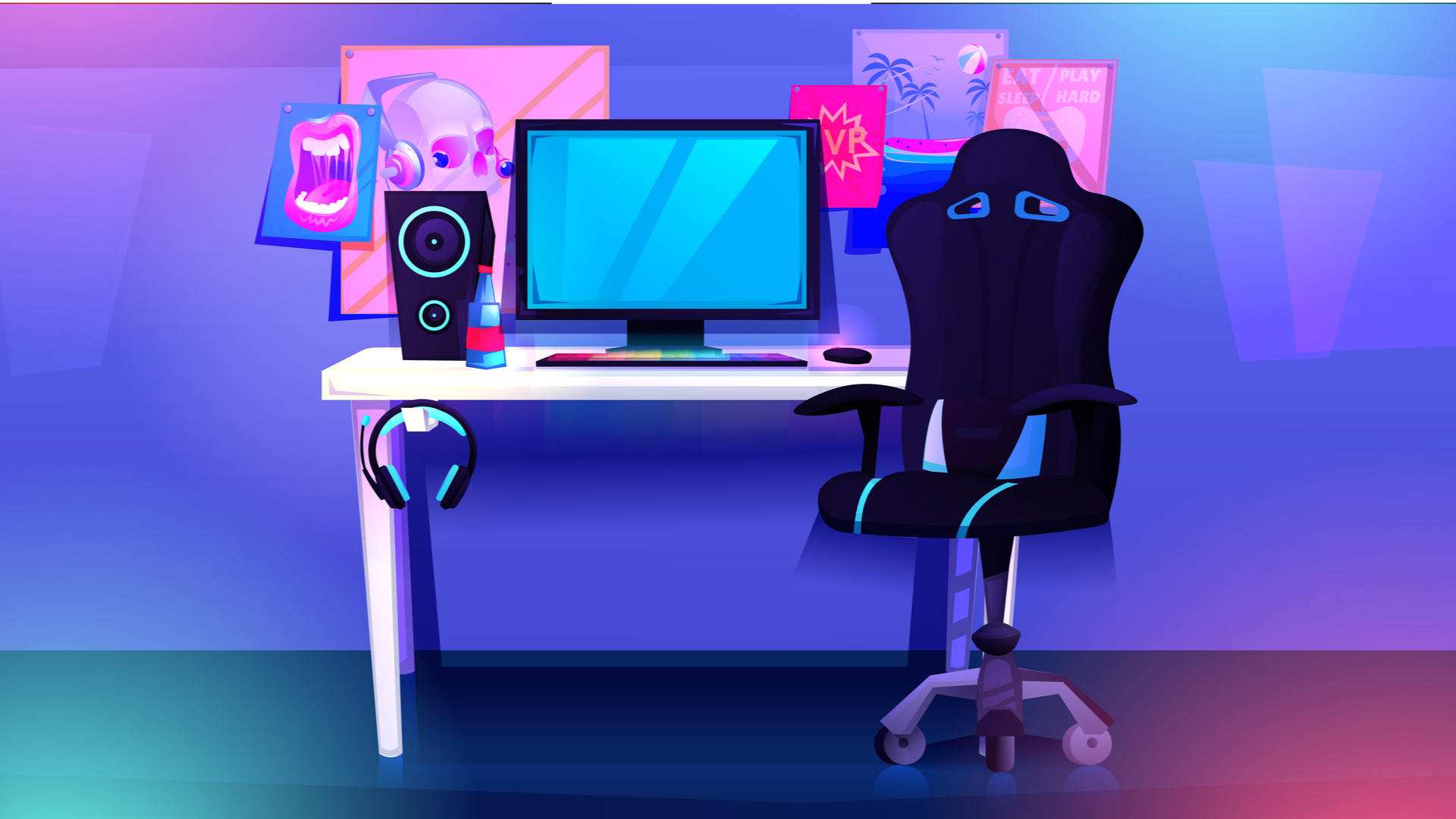
It's no secret by now that Valve's reveal of the Steam Machine was a huge surprise for everyone, considering its silence (albeit warranted) after the Steam Deck OLED's launch in 2023 on any potential new PC gaming hardware.
While we're not quite there yet with a Steam Deck successor to possibly join the ranks of the best handheld game consoles, we're receiving a powerhouse gaming system (in comparison to Valve's handheld) that has briefly shaken up the console gaming space, based on initial reception.
It's very early days, as we don't have a full picture of what pricing or game performance will look like, but Valve has done enough to perhaps make Sony and Microsoft quake in their boots with a system that looks poised to provide more value in gaming than ever before. If it sticks to the Steam Deck's pricing template, and the 4K 60fps claims from Valve are accurate, it could reshape gaming forever.
However, we've already touched on what it means for console gaming, specifically Sony and Microsoft's PlayStation 5 and Xbox Series X | S, respectively. Now, the question is, what exactly will the Steam Machine change for PC gamers?
1. PC couch gaming is about to blossom
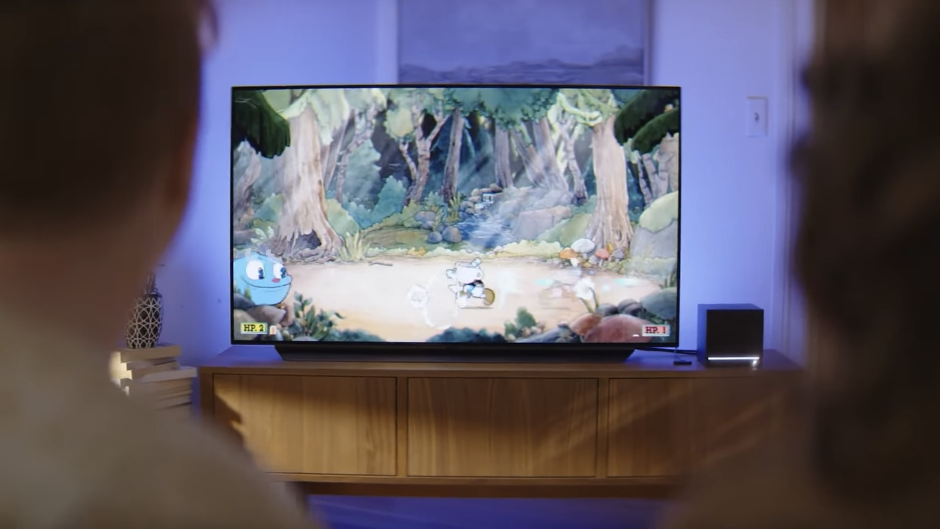
PC gaming from the couch on a huge TV isn't unheard of. Matter of fact, it's something that I do frequently for games or movies when I need a break from sitting at my desktop after working, but not everyone has a long enough HDMI cable to facilitate that (the one I bought wasn't cheap either).
Custom gaming PCs and their chassis are not usually designed to fit under or on TV units, and while small PC builds and mini-PCs exist, they're not very mainstream.
The Steam Machine completely changes that narrative, entering the console-like gaming sphere with a design that's specifically made for TV and couch gaming, thanks to its small chassis, which is so small that gamers are lauding it as the 'Gabecube' (honestly, thank you Gabe Newell), striking a very familiar look to Nintendo's Gamecube.
Sign up for breaking news, reviews, opinion, top tech deals, and more.
PC couch gaming will likely now become a normality for a wider range of PC gamers, whether that's by buying a Steam Machine, or building a small form factor custom PC with SteamOS (likely Bazzite) installed.
2. Potential influx of console players
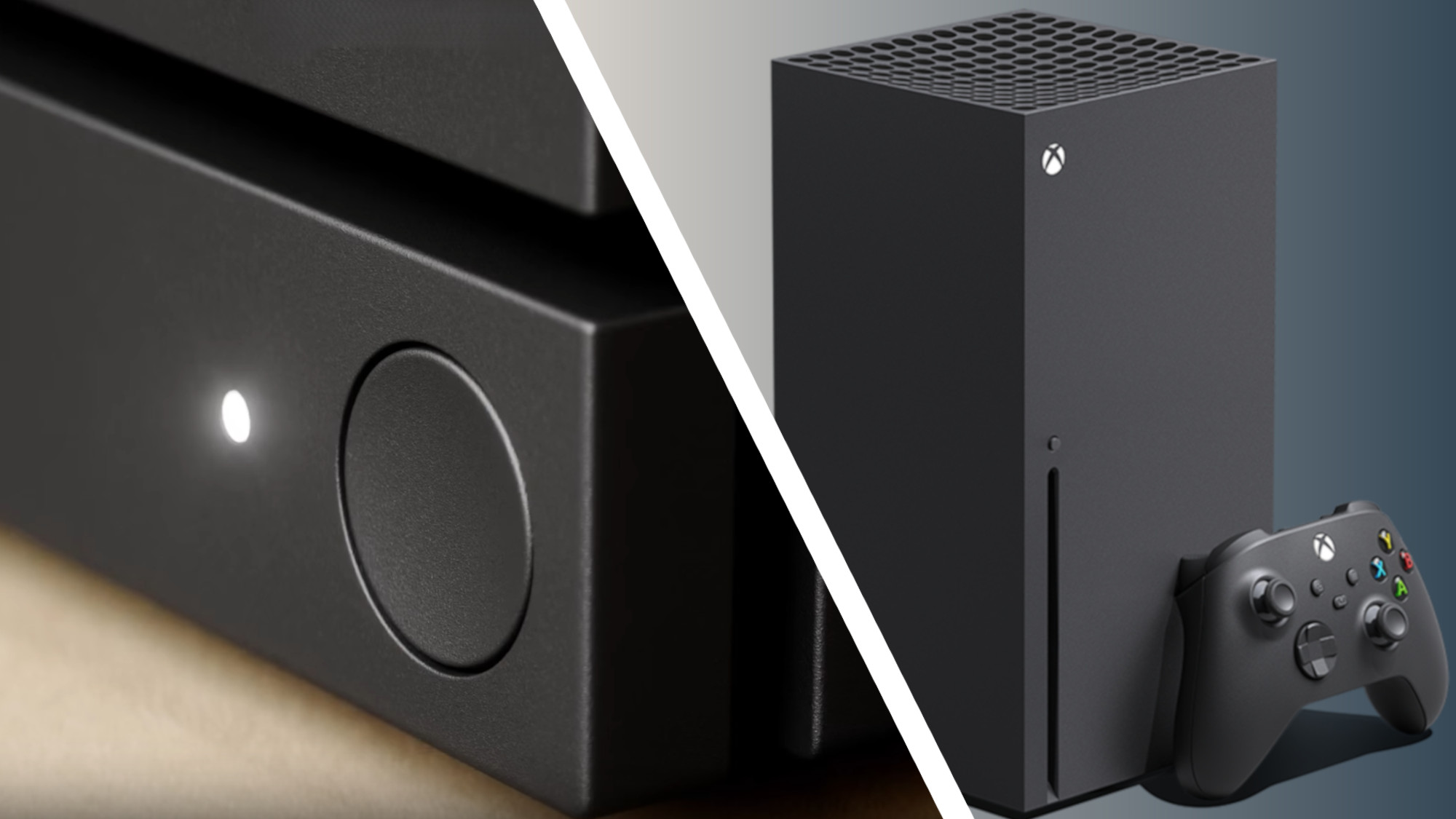
I've noticed a lot of gamers who are console-only suggest a potential move over to the PC ecosystem over the last few years. However, the limiting factor has always been the worry of unfamiliarity with PC components, maintenance, and configurations.
With the Steam Machine, that's no longer an obstacle for gamers looking to make the shift, as there will be no need to worry about building the system from scratch, nor will there be any concern about replacing the CPU or GPU, as both are soldered onto the Steam Machine's motherboard.
As far as we know, the only interchangeable components are the system's SSD and RAM, with the former being no different from a game console's basic teardown, and the latter being slightly more involved.
Acknowledging this, I have zero doubts that we will see an influx of console gamers making their way over to PC. Since this is SteamOS we're talking about, this opens up so many doors, specifically regarding Steam Families, as sharing games with close family or friends will be easier for individuals who may have been solo (like me) on PC before the Steam Machine's arrival.
3. Extra developer pressure for better PC ports and optimization
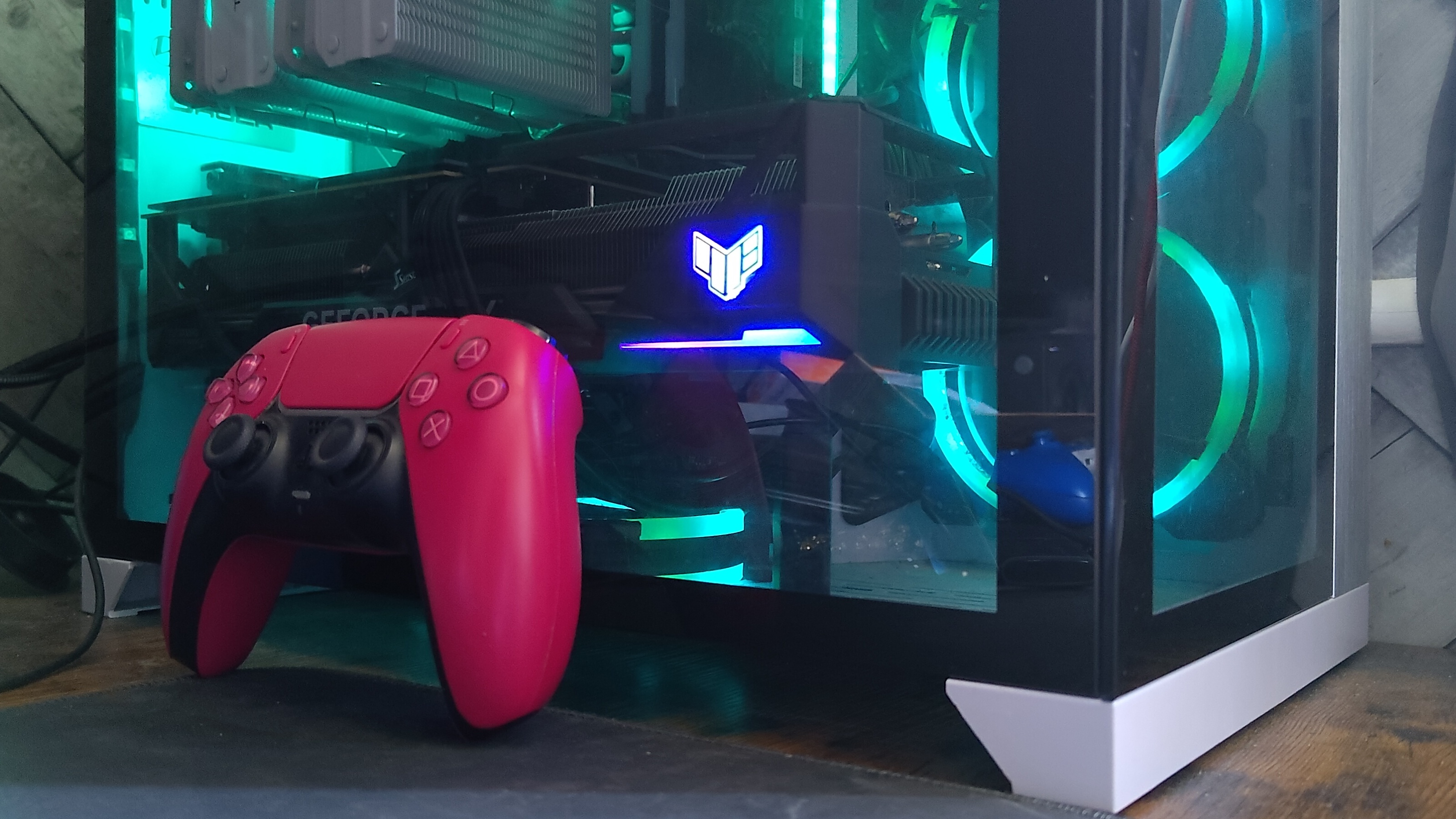
If there's one thing I've noticed that plays an integral part in why PC players usually get the short end of the stick with game ports compared to console players, it's the wide variety of PC configurations that exist. That's not to excuse poor game optimization, but rather to highlight why it's such a common issue, and the introduction of the Steam Machine could change that.
With one mainstream configuration, just like a Sony or Microsoft console, game developers may be pressured to ensure their games are up to standard performance-wise before launching on the Steam Machine. Since it's also seen as an entry-level gaming PC, that should have a knock-on effect for a wider range of low-end gaming PC configurations, receiving PC ports that arrive with better polish.
This would be helped further if the Steam Machine manages to become a massive hit in the market, and if Valve uses the Deck Verified category for Steam Machine games as something along the lines of 'Machine Verified' (and that's exactly what I'm expecting it to do).
4. Third-party manufacturers create similar builds
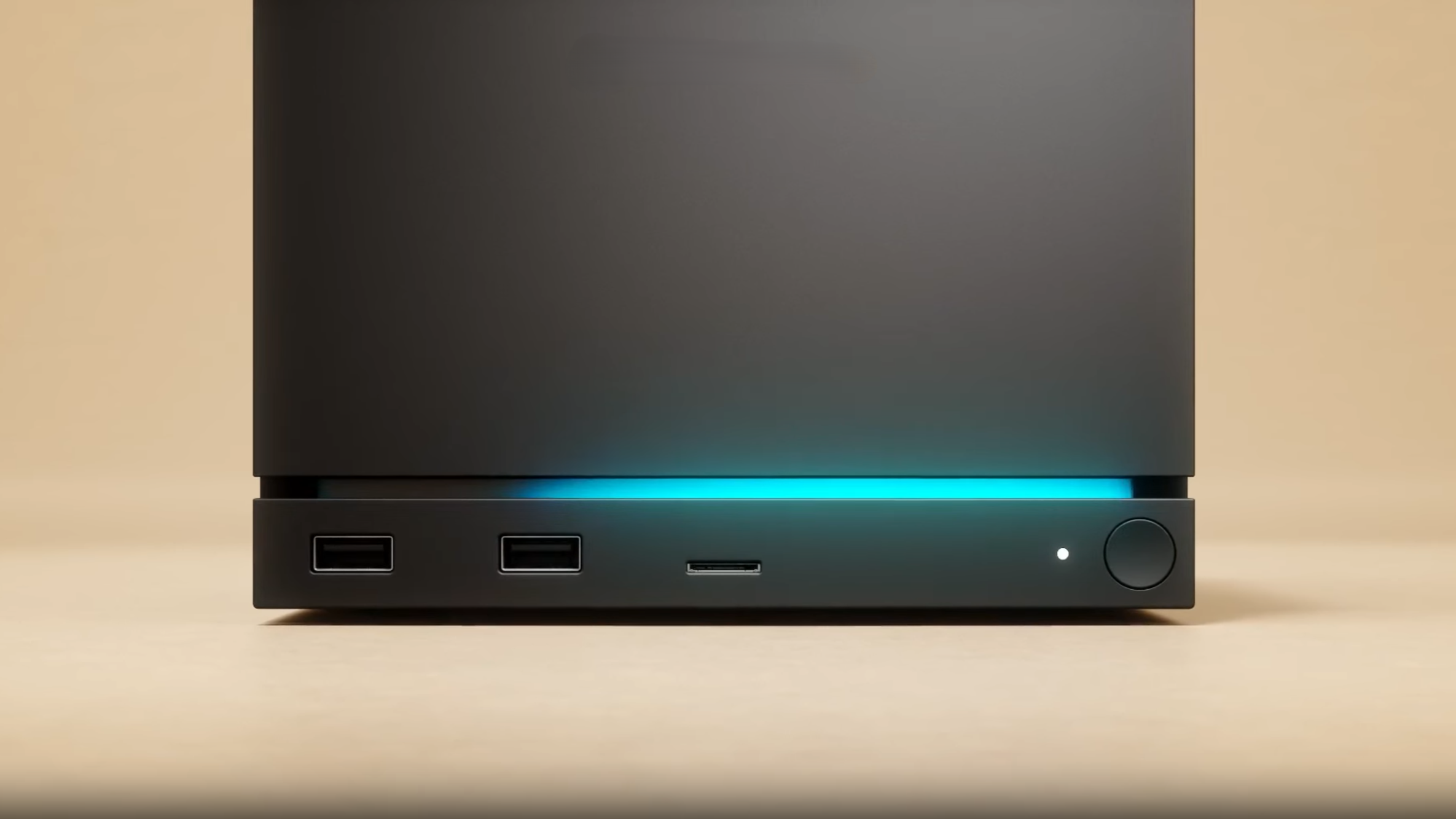
In the event that consumers buy the Steam Machine when it launches in 2026, and they're not pleased with its performance capabilities, it seems likely that Valve is opening the door for third-party manufacturers to build similar mini hybrid PC consoles that use SteamOS, with more powerful hardware.
This was highlighted by our friends at PC Gamer, and with the likes of Framework, which manufactures modular laptops, it wouldn't be a shock to see if we get third-party models from other OEMs like MSI, Lenovo, Asus, who decide to introduce more powerful offerings later down the line.
Now, it's not like mini-PCs with more powerful processors don't exist, as there's plenty already available. The difference is if Valve specifically chooses to expand SteamOS official compatibility and licenses for these mini-PCs, and the Steam Machine gives it the ideal opportunity to make it happen.
For now, Valve's motto seems to be ensuring gaming performance is at an acceptable standard with the demanding modern-day titles we're getting, while also not including expensive hardware that will ultimately spoil the appeal of affordability – and I'm here for it.
Follow TechRadar on Google News and add us as a preferred source to get our expert news, reviews, and opinion in your feeds. Make sure to click the Follow button!
And of course you can also follow TechRadar on TikTok for news, reviews, unboxings in video form, and get regular updates from us on WhatsApp too.

Isaiah is a Staff Writer for the Computing channel at TechRadar. He's spent over two years writing about all things tech, specifically games on PC, consoles, and handhelds. He started off at GameRant in 2022 after graduating from Birmingham City University in the same year, before writing at PC Guide which included work on deals articles, reviews, and news on PC products such as GPUs, CPUs, monitors, and more. He spends most of his time finding out about the exciting new features of upcoming GPUs, and is passionate about new game releases on PC, hoping that the ports aren't a complete mess.
You must confirm your public display name before commenting
Please logout and then login again, you will then be prompted to enter your display name.